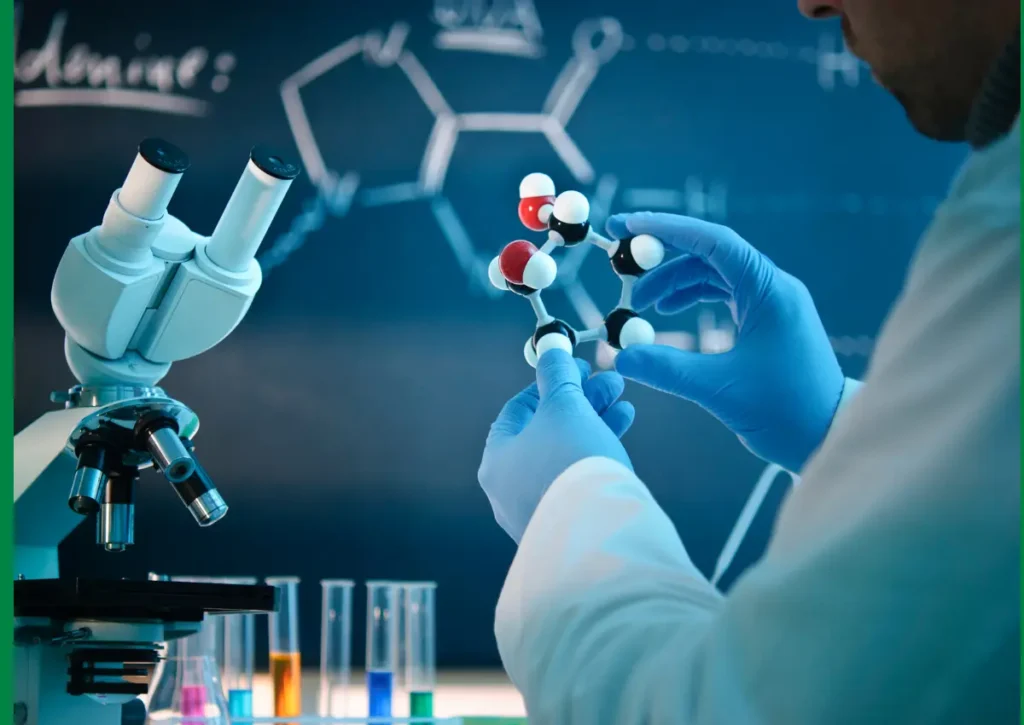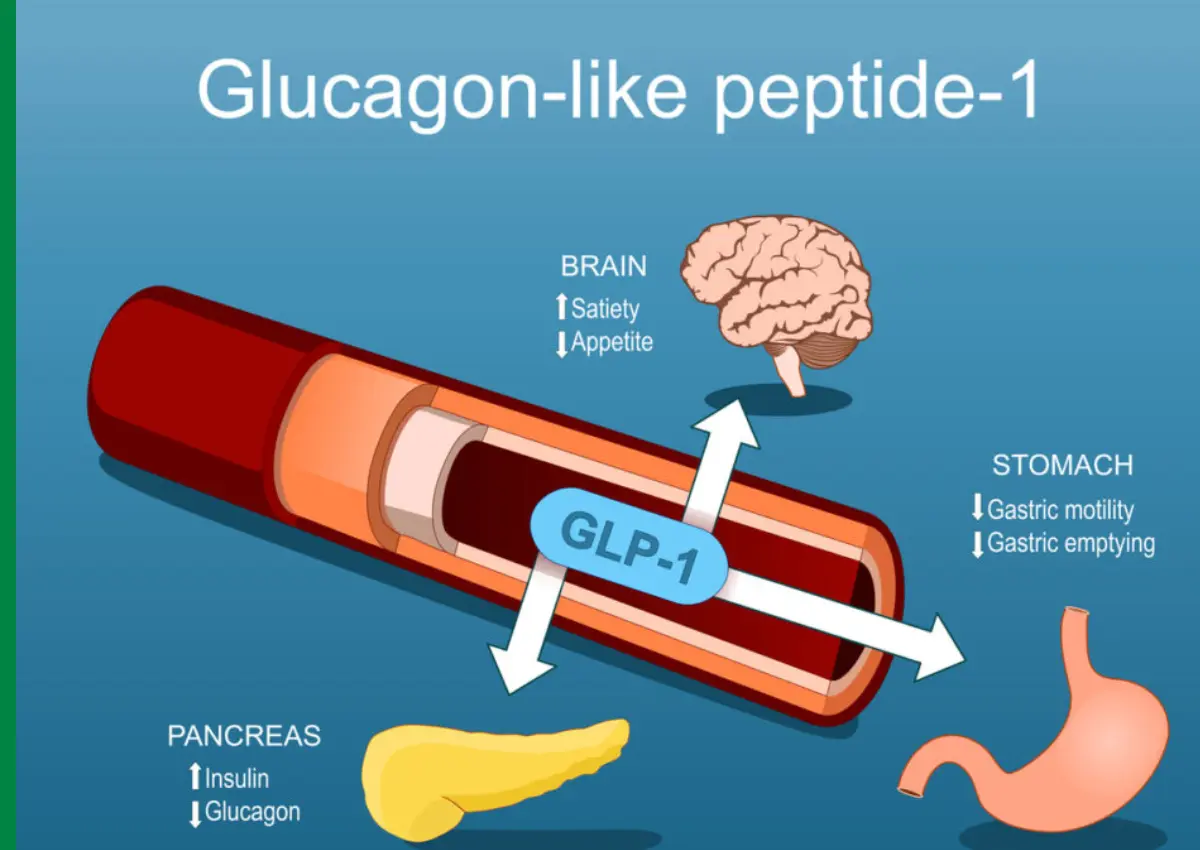New Delhi : More exciting is that Dr. Hariom Yadav, an Indian-origin researcher at the University of South Florida, is working on a probiotic cocktail so potent he claims it can prevent dementia. This offers potentially hundreds of millions of people worldwide a minimally invasive approach to preserving the cognitive health of their bodies as they age.
The paper published in Scientific Reports reveals that this group of useful bacteria can be used to combat Alzheimer’s disease and other forms of dementia, the disorders that affect over 57 million people worldwide and interfere with the lives of millions of families. It is important to stress that Dr. Yadav’s approach puts an emphasis on the gut microbiome, which is a home to trillions of microorganisms living in the human gastrointestinal tract that seem to play a role in central nervous system functioning as well.

This is because most people use single-strain probiotics, but in this study, we found that using a pool of probiotics works much more effectively on the microbiome—transitioning it from pathogenic to beneficial,” said Dr. Yadav, the director of the USF Health Center for Microbiome Research as well as an associate professor at the USF Health Morsani College of Medicine.
This, a 16-week study on mice, gave the researchers encouraging outcomes. Thus, compared to the control group of animals that were fed and watered normally or given water laced with placebo, the animals supplemented with the blend through the drinking water source were more intelligent to locate hidden platforms in water mazes at faster times. Far more significant, the cocktail lowered the proteins that lead to amyloid plaques, which are known to be one of the features of Alzheimer’s disease, and also decreased the inflammatory markers in the brain, as well as bolstering the blood-brain barrier.
As for the gut-brain axis, Dr. Yadav’s work shows how what happens in the gastrointestinal tract affects the functions of the brain. This bidirectional communication pathway proactively enables gut microbiota to manipulate anything ranging from inflammation, protein deposition, and integrity of the blood-brain barrier within the brain. Thus, the probiotic cocktail seems to be especially useful at controlling the growth of certain gut bacteria that actively promote inflammation, a factor related to both GI and neurological diseases. When a person’s gut is considered to be leaky, toxins and pathogenic bacteria are able to escape the intestinal tract and circulate the bloodstream for them to cause immune reactions that affect the brain.
As Dr. Yadav vividly explains, Just consider this: not all the glandules that are inserted into our mouth are assimilated in the blood; what is assimilated is part of the nutrient and goes to the blood system. But what happens with leaky gut is that all these things that should not enter the bloodstream start getting into the bloodstream and the immune cells start faulting them. These inflammatory immune cells go to all parts of the body and even into the brain, for which it is not suited.
The possible application of this form of research is also not limited to laboratory settings in that it can cover several fields of study. Dr. Yadav and his team are nowadays in contact with several target companies just to license probiotic formulation for Alzheimer’s disease; the idea is to point out the product as a preventive medicine. However, they are not moving very fast; they are going ahead only with a few experiments for the cocktail drugs on humans.
“We’re still at the stage of whether we want to have our own start-up to license the technology, but first we need to have a clinical trial done,” Dr. Yadav noted. “We want to be sure of its clinical efficacy, but we are optimistic about that.”
Dr. Santosh K. Prajapati, the study’s first author, summarized their ultimate vision: “Our goal is to develop a safe, simple, effective, and adherent probiotics formulation that can be implemented in our daily dietary habits to slow and/or prevent neurodegenerative conditions.”
In a world where our population is graying and dementia is on the rise, Dr. Yadav raises a ray of hope: could it be that something as simple as a probiotic may help protect our most vital asset—our brains? One day, a new addition to the plan of action may be an arrow in the quiver of the medical profession, dealing with one of the toughest foes that medicine has to face.
For the millions of people globally who are living with dementia and their families, this gut-focused approach offers not only a glimmer of hope but also the possibility of a way forward.
Glance Insight Views
We are very pleased to state they can leave science behind and at least run a trial after reading a new insight on a cure for dementia given by Dr. Hariom Yadav through the use of probiotics. His work shows that focusing on the communication between the intestines and the brain means that a simple thing such as a daily probiotic could help to support the brain and help to delay the onset of age-related conditions and diseases.
Less advanced, but with big potential, this is a gut-focused approach that might one day change millions of lives of people who struggle with dementia around the world today.



